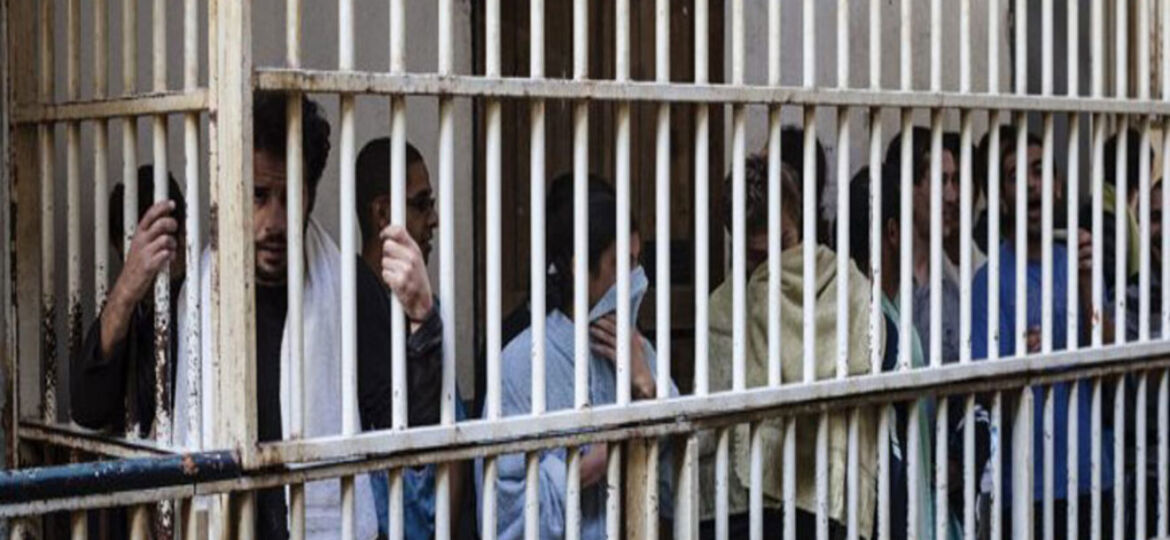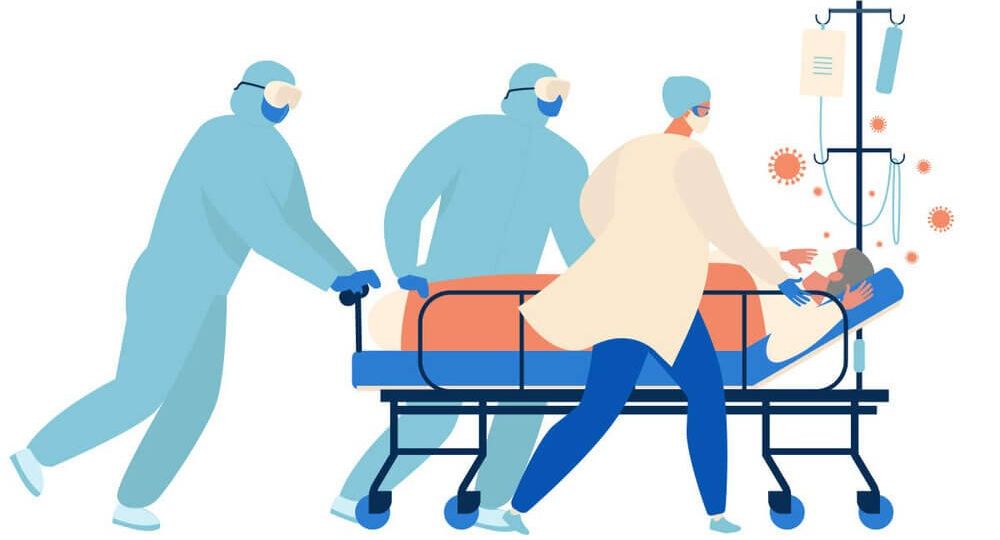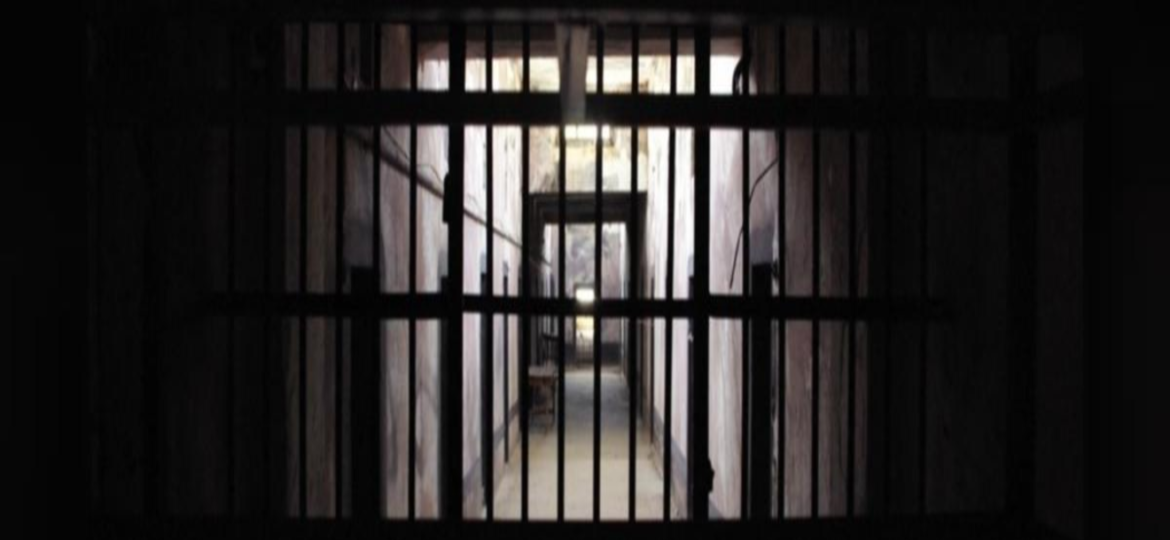There is not even a single society, country, state, or province that is free from crime and criminals. India is also one amongst them with 1.3 billion people belonging to different faith and cultures, every citizen is bounded to some fundamental rights which are mentioned in articles 12 to 35 of the
The Indian Criminal Law provides the police with various powers and duties in the investigation of the crime. The powers were there but along with the duty to not misuse them but with power, the responsibility comes, and to arrest a person or catch an accused person, the police officers use their
The term Presumption is nowhere defined in the Indian Evidence Act. It essentially refers to the process of obtaining some information based on a potential or a result of some actions taken
What comes to mind when we hear the phrase “gender equality” in our modern minds? a similar strategy for treating men and women? Simply put, it suggests a situation in which everyone is
The arbitration is governed by “The Arbitration and Conciliation Act 1996,” this act was passed based on the “United Nations Commission on International Trade Law (UNICTRAL) model law on International Commercial Arbitration.” This model law provides uniform procedures relating to
Corporate Criminal Liability is based on the principle that a corporation is a separate legal entity and is liable for acts committed by its employees. This nascent understanding was changed with the arrival of various interpretations and applications of numerous principles. These principles have
Surrogacy is a form of third-party reproduction method in which a woman agrees to a pregnancy for the affected parent(s) who is medically incapable of conceiving. Surrogacy, as a comprehensive term, may be a statutory settlement between a woman, or surrogate mother, and expectant parents
In law, the purpose of punishment is to prevent the wrongdoer from committing the same offence again. Punishment follows the wrongful act. Chapter II (Sec. 6-52A) and Section 53 of the Indian Penal Code (IPC), 1860 cover necessary provisions for punishment. Section 53 provides for the
“The Code of Criminal Procedure,1973” regulates procedures from the filing of a grievance to the final judgment. While dealing with procedures like arrest and placing the accused person into
The civil rights of criminals are not waived by the commission of an offense. The Indian constitution has adopted the Rule of Law and the citizens are guaranteed fundamental rights against the











